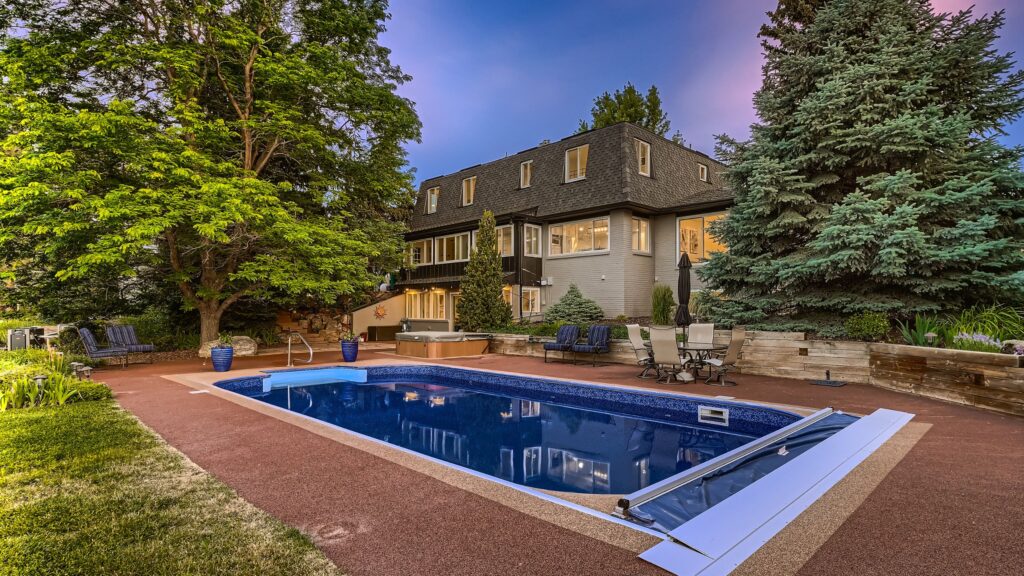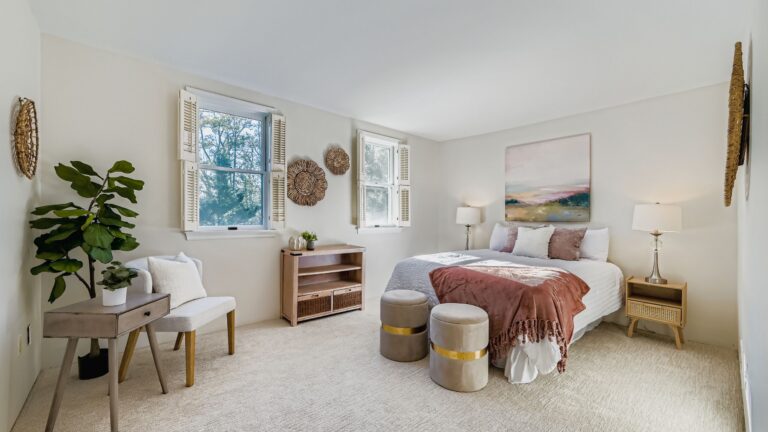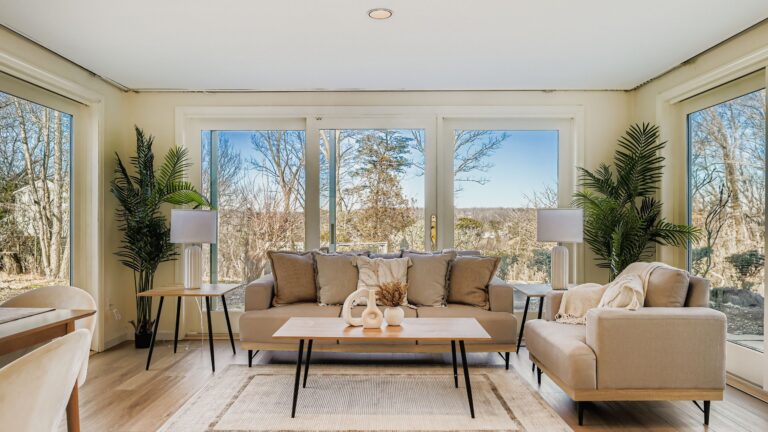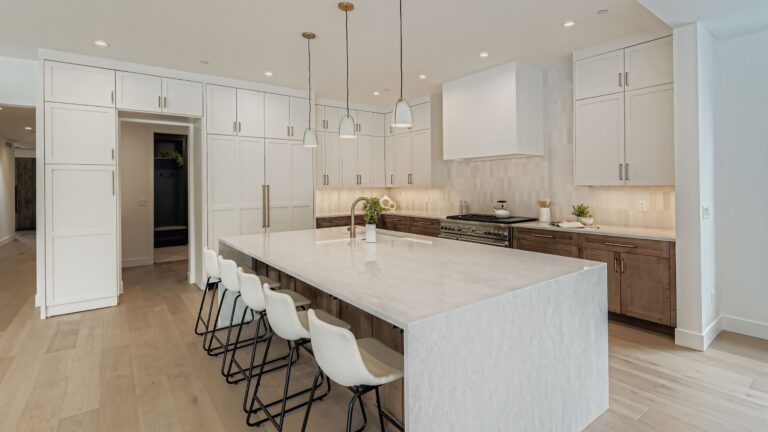The real estate industry is becoming more visual than ever. Agents now rely on stunning property images and compelling listing descriptions to attract buyers, creating new opportunities for creative professionals outside of traditional real estate roles. One of the most in-demand career paths? Professional real estate photography.
If you’re ready to break into the field but don’t know where to start, this crash course is for you. You’ll learn how to develop your skills, market your services, and find job opportunities in real estate photography.
How to get into real estate photography
For many, real estate photography grows naturally from a passion for photography. Whether you’re a professional or hobbyist, if you already know your equipment and love honing your skills, transitioning into real estate photography isn’t a big leap. Plus, many roles are freelance, giving you the flexibility to set your own schedule.
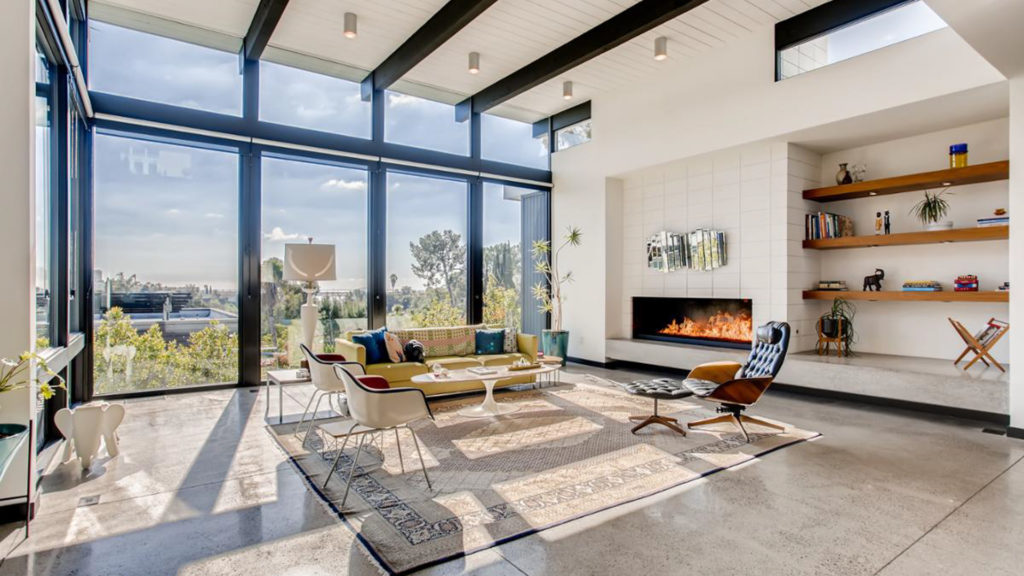
Thanks to advancements in digital photography, professional gear is now more affordable and accessible. Online courses also make it easier than ever to sharpen your skills—but that also means competition is on the rise.
The good news? Strong technique and a polished profile can set you apart. There are plenty of opportunities for skilled real estate photographers nationwide, and with the right foundation, you can build a thriving career.
Before you can officially call yourself a professional, there are a few key steps you’ll need to take.
1. Buy photography equipment
Investing in the right gear is the first step to becoming a professional real estate photographer. With the proper equipment, you can practice while learning and even start booking small jobs as you build your skills.
Essential equipment includes:
-
DSLR or mirrorless camera – Smartphones won’t deliver the professional quality needed for listings.
-
Wide-angle lens – Helps capture entire rooms and make spaces feel larger.
-
Sturdy tripod – Ensures sharp, stable shots of static interiors and exteriors.
As you grow, consider expanding into aerial drone photography to offer more services and stand out from the competition.
Finding the best camera for real estate photography
Full-frame DSLR cameras with a large sensor are the best for real estate photography. Larger sensors mean more light and better image quality.
Full-frame cameras also allow you to try out different lenses. If you can’t afford high-end lenses to state, you can buy inexpensive ones and move up as you grow into your career.
Some DSLR cameras for real estate photography include:
2. Study real estate photography
You can dive into real estate photography and excel without going to a photography class, but taking a course gives you a technical edge and reduces the time it takes to become a professional. You also get to learn from experts who help you understand practical photography skills.
Photography requires proper knowledge of equipment use, branding, and marketing. Hobbyists might be good in the field, but they tend to struggle with growing a client base. A course that arms you with skills and essential industry tips is vital for success.
3. Practice while studying
A great foundation is always necessary for success in any career. Unless you have a strong photography background, practice your new skills prior to taking the plunge.
Practice sharpens your skills, boosts confidence, and is the key to a great portfolio. Top professionals don’t just sit on their laurels. They use all of their real estate photography jobs as learning opportunities.
The sooner you start practicing, the earlier you get accustomed to the industry. Practicing in concurrence with studying allows you to apply and reinforce the skills you’re gaining.
4. Create your portfolio
Your portfolio is proof that you have what it takes to flourish as a photographer. A portfolio demonstrates your level of expertise and skills to clients. A solid real estate photography portfolio is the very reason practicing your skills is helpful. Every shot is an opportunity to outsell yourself.
Your portfolio is a collection of your best projects. It can also include your resume, certifications, accolades, and testimonials.
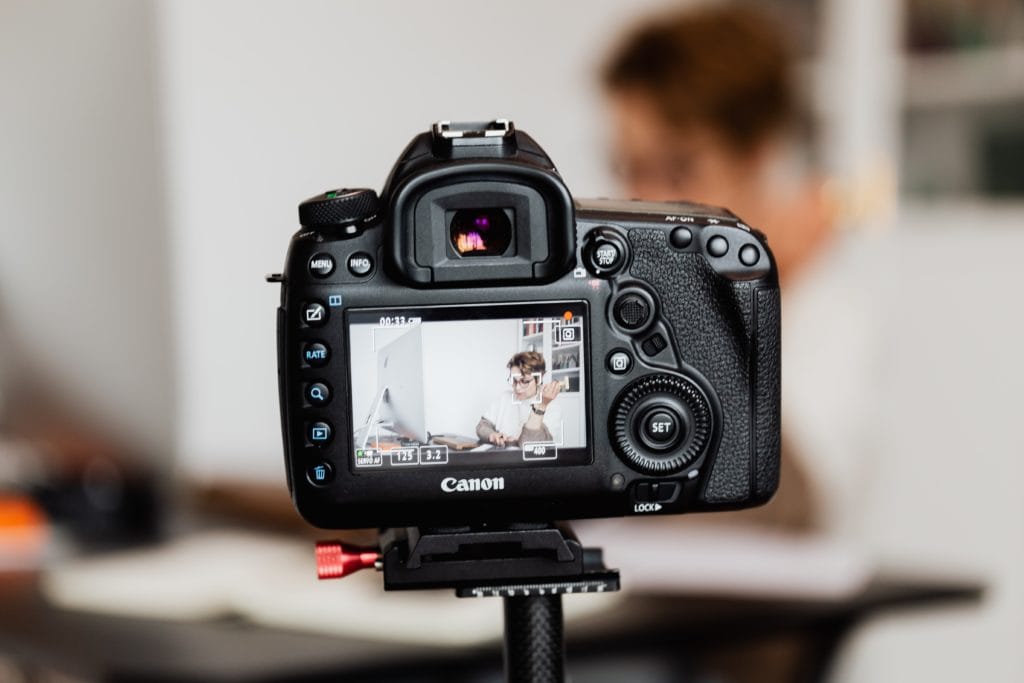
Organize it professionally and make it visually appealing for an effective first impression. You only have a few chances to impress potential clients.
Also, make your portfolio digital to allow for easy access and to reach a wider audience.
Create a portfolio website and format it with slide presentations. Include some testimonials and references for social proof.
5. Find real estate photography jobs
As a real estate photographer, you can work as a freelancer or partner with a real estate firm. You can promote your skills by sharing your portfolio and networking. Local homeowners and agents can also refer you to real estate photography jobs.
How to find real estate photography opportunities
Finding clients and building steady work requires proactive marketing. Here are some effective ways to get started:
- Learn real estate marketing skills: Many courses include lessons on how to market yourself and stand out from other photographers.
- Optimize your portfolio website: Make it SEO-friendly with location-based keywords. Most property owners search “real estate photographer near me” online to find photographers.
- Leverage social media:
- 47% of realtors say social media provides higher-quality leads than other channels.
- Focus on platforms like Facebook, Instagram, and Twitter, and keep your profiles optimized with a bio, contact info, and a link to your portfolio.
- Share your work regularly and interact with real estate professionals.
- Use job boards: These can be a quick way to land your first gigs, even if they feel competitive. You’ll be applying directly to open positions instead of waiting for leads to come in.
Pro tip: Skip the heavy lifting by partnering with a company like Virtuance. We offer flexible photography jobs in cities nationwide, giving you access to exciting projects without the hassle of marketing, networking, or managing client’s photography.
Ready to start?
Starting a real estate photography career can feel overwhelming, but you don’t have to do it alone. At Virtuance, we make it easy to focus on your passion while we handle the marketing, scheduling, and client management. Our photographers enjoy flexible jobs in cities across the US, access to consistent work, and the opportunity to showcase their skills with our exclusive HDReal® image technology.
Ready to launch your real estate photography career with Virtuance? Apply today and start doing the work you love!
FAQ
Start by photographing friends’ or family members’ homes or offering discounted shoots. Select your best work, organize it into a professional online portfolio, and include testimonials if possible.
Absolutely! Many photographers work full-time and enjoy steady income by building a strong client base or partnering with companies that provide consistent work.
No, but taking a course can help you learn the technical skills, marketing strategies, and client management techniques needed to succeed.

